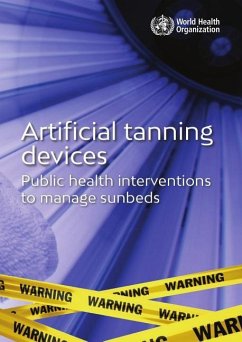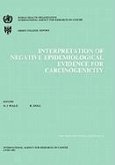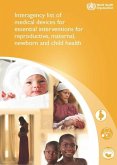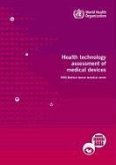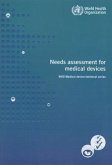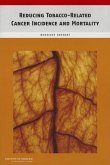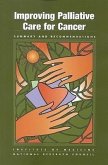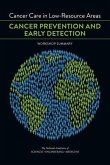Skin cancer is the most common form of cancer among light-skinned populations. The chief environmental cause of skin cancer is ultraviolet radiation (UVR). UVR exposure comes mainly from the sun, but over the past three decades, there has been an increase in the use of artificial sources of UVR in the form of artificial tanning devices such as sunbeds, stand up booths, and facial tanners. This deliberate exposure to UVR for cosmetic purposes is increasing the incidence of the major types of skin cancer and driving down the age of first appearance. This document is intended for government health authorities to assist in the development of public health interventions in relation to the use and management of sunbeds. The document provides a summary of health effects as well as a catalog of interventions that have been used to reduce risks associated with artificial tanning. It is supplemented by a WHO database on sunbed regulations.
Hinweis: Dieser Artikel kann nur an eine deutsche Lieferadresse ausgeliefert werden.
Hinweis: Dieser Artikel kann nur an eine deutsche Lieferadresse ausgeliefert werden.

